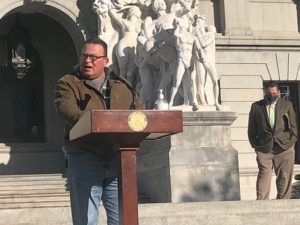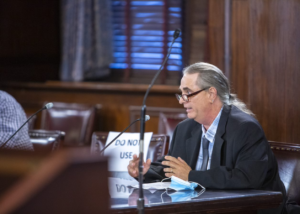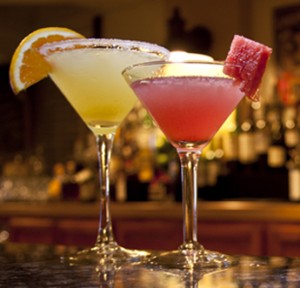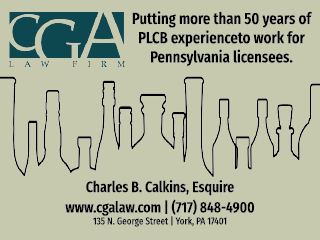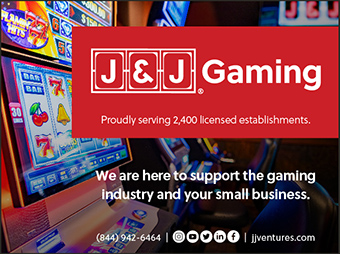The following is a statement from Chuck Moran, executive director of the Pennsylvania Licensed Beverage and Tavern Association, regarding Governor Wolf’s announcement today to have no on-premise alcohol sales for on-site consumption at taverns and licensed restaurants for one evening.
(Harrisburg, Pa. – November 23, 2020) Today’s announcement from Governor Wolf and Secretary Levine really comes as no surprise to anyone in the tavern and restaurant industry. In fact, announcements like this the Pennsylvania Licensed Beverage and Tavern Association has been preparing our Members to expect until wide distribution of vaccines.
We understand that the COVID case numbers are increasing, and once again, our industry understands that it is being asked to sacrifice in order to play a role in saving lives of Pennsylvanians. Specifically, taverns and licensed restaurants will need to cut off patron requests for on-premise sales of alcohol for onsite consumption on only November 25 starting at 5 p.m.
With that bad news for the industry, the Governor did deliver some good news related to business liability for those enforcing mask rules. We are thankful for that liability protection.
We get the importance of the keeping patrons safe, and our industry works hard to do so every day.
But what we don’t get is why there has been no significant financial help to assist our small business taverns and licensed restaurants survive. As this crisis continues, more small businesses are closing while their employees lose jobs.
Help is needed now, not later. Many small businesses cannot sustain continued targeted mitigation without help from either the federal or state government.
This industry has sacrificed so much for the good of public health. Now small business taverns and licensed restaurants are the ones being sacrificed by a lack of financial action in both Harrisburg and Washington, DC.
# # #
About the Pennsylvania Licensed Beverage and Tavern Association
The Pennsylvania Licensed Beverage and Tavern Association is a statewide association based in Harrisburg, representing small business taverns and licensed restaurants in the Commonwealth of Pennsylvania. The Association formed in 1941, reorganized in 2019, and today advocates for best practices and rights within the industry as well as best experiences for patrons.





